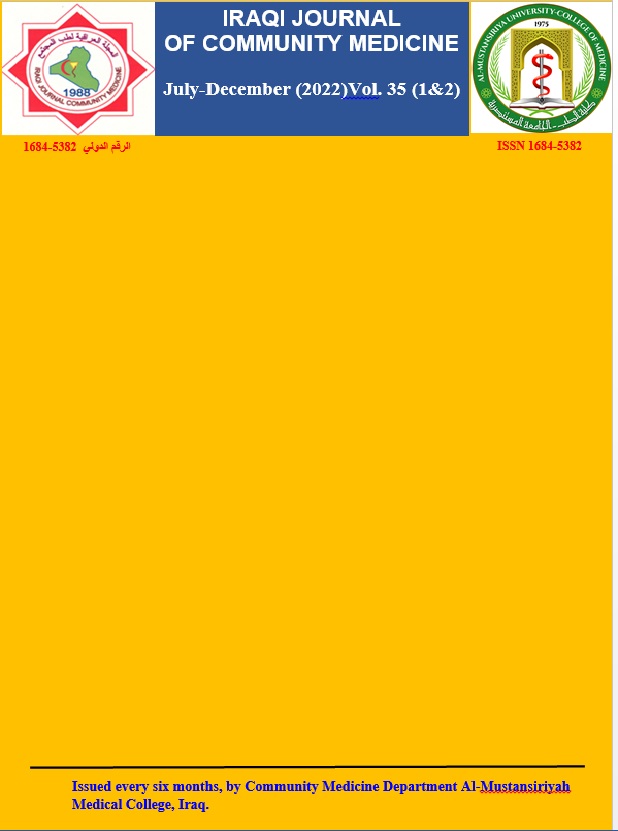Abstract
The pharmacology curriculum at the colleges of medicine of the Iraqi universities is drug-group based one and undergoes a revision by a national meeting of Deans and Heads of departments of the colleges of medicine convenes every five years in Baghdad, the last meeting was held in 2002. It is taught the third year of six-year MBChB course, adopting the traditional teaching system with theory (didactic-lecture style) 90 hours, practical 60 hours and discussion 30 hours. The purpose of this work is to report my personal experience in delivering the pharmacology curriculum at the College of Medicine, University of AL-Anbar.
Curricular Modes of Learning: formal lectures (traditional didactic lecture-style); practical: actual practical sessions (performed by students), demonstration sessions (Demonstrated by the teaching staff), video sessions, seminars; tutorials; free discussions, pharmacological key issues, and medical problems. Assessment: continuous (tutor review in the tutorial process) and formal (occurs by examination at mid and end of year)
It is concluded that 1. Tutorial instructional activities foster better knowledge understanding and skills learning which enhance the ability in reflective practice and in turn eventual self-learning. 2. During the tutorial process, student-generated learning issues may arise as interactional gain from the tutorial to be reviewed by the teaching staff to incorporate modification in the future curricular modes of learning. 3. A better motivation and learning is achieved when interfacing both pharmacology and pathophysiology in the learning process. Appropriate recommendations have been presented.
Curricular Modes of Learning: formal lectures (traditional didactic lecture-style); practical: actual practical sessions (performed by students), demonstration sessions (Demonstrated by the teaching staff), video sessions, seminars; tutorials; free discussions, pharmacological key issues, and medical problems. Assessment: continuous (tutor review in the tutorial process) and formal (occurs by examination at mid and end of year)
It is concluded that 1. Tutorial instructional activities foster better knowledge understanding and skills learning which enhance the ability in reflective practice and in turn eventual self-learning. 2. During the tutorial process, student-generated learning issues may arise as interactional gain from the tutorial to be reviewed by the teaching staff to incorporate modification in the future curricular modes of learning. 3. A better motivation and learning is achieved when interfacing both pharmacology and pathophysiology in the learning process. Appropriate recommendations have been presented.
